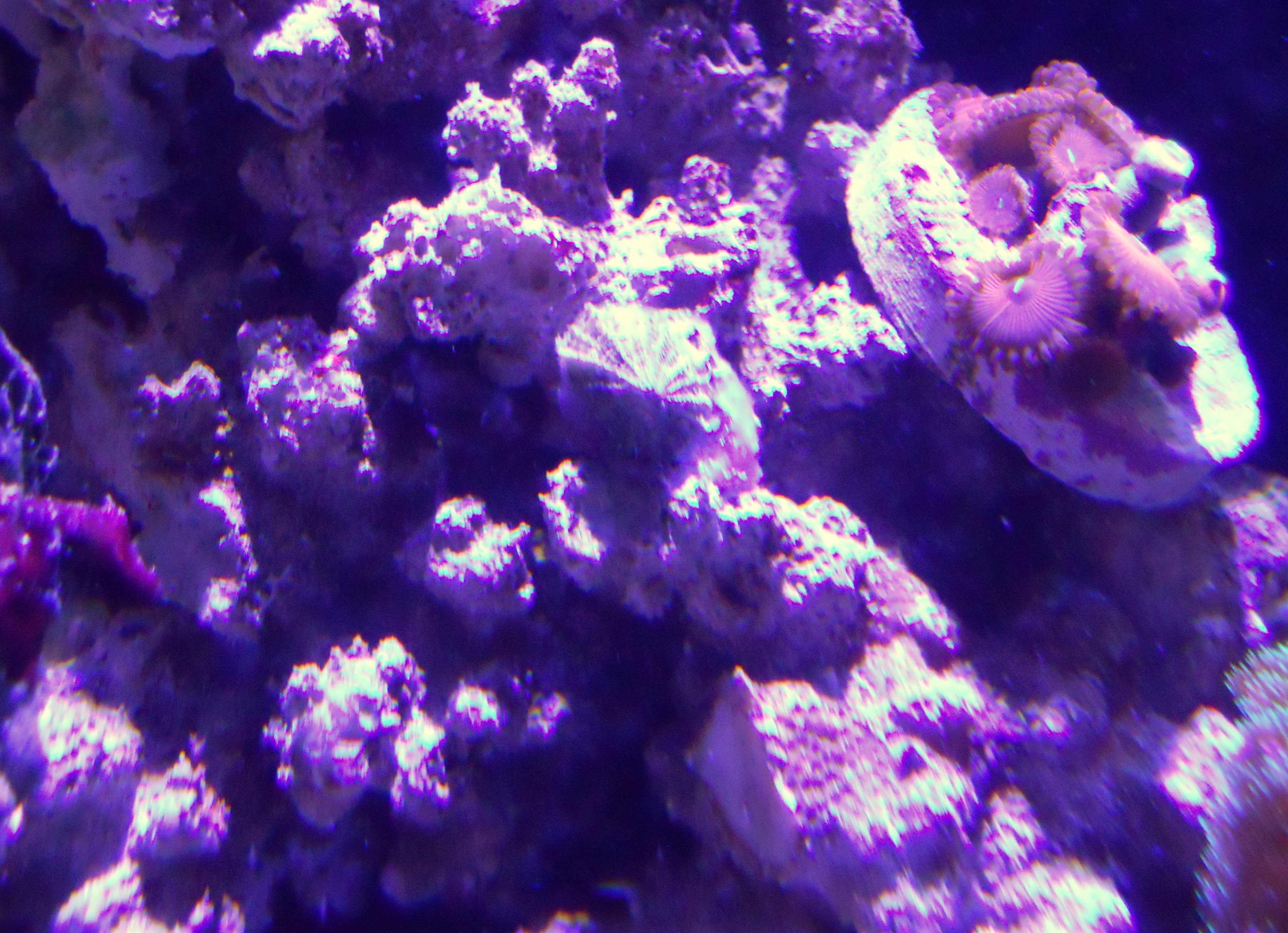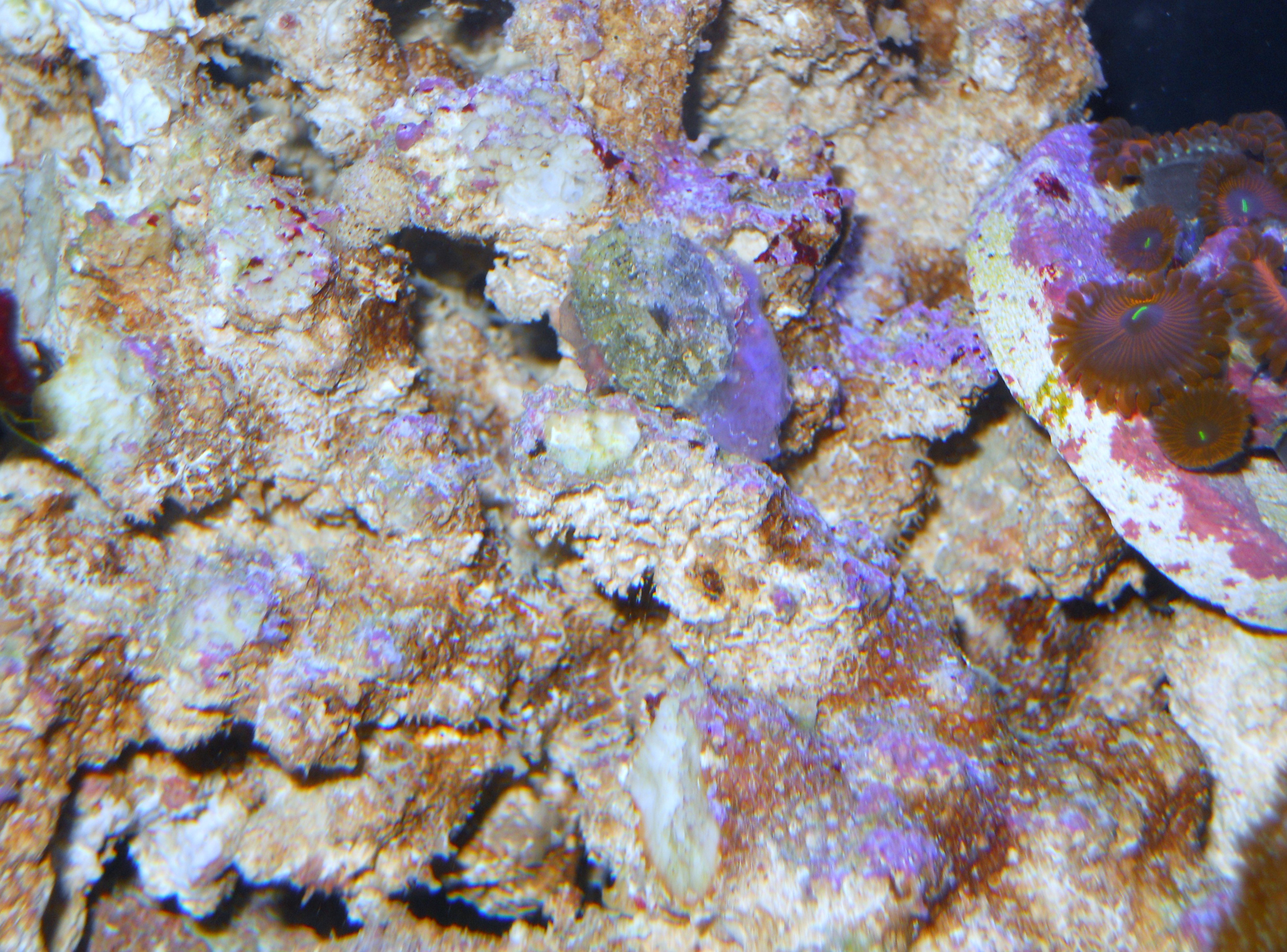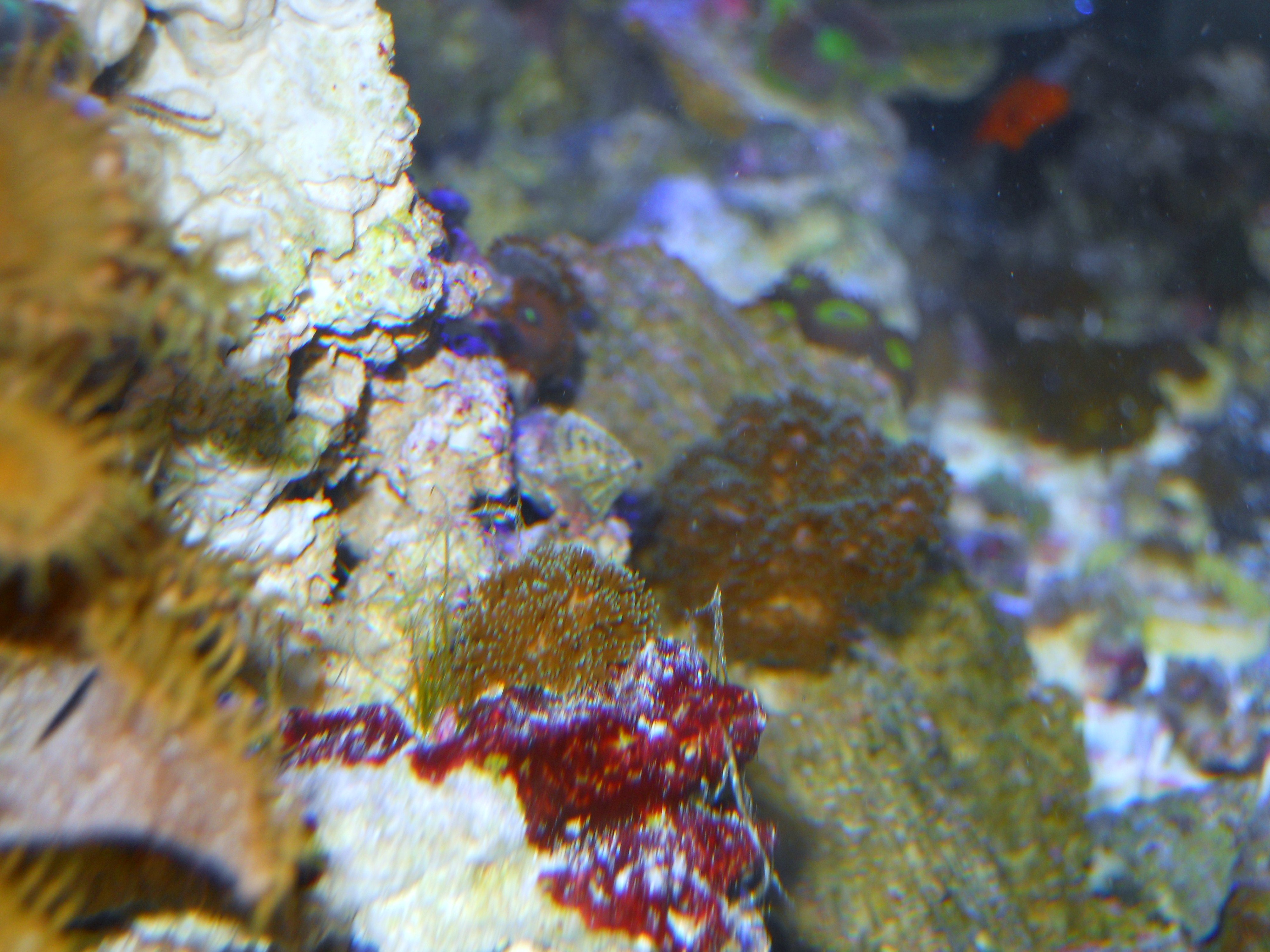Keyhole limpets usually attack SPS corals primarily. There are several different types of limpets, some are beneficial, some aren't.
"The most common variety encountered in a reef aquarium is the
Keyhole Limpet. They are a common import with live rock, and are typically colored in a mottled brown, black and tan pattern, and do not have a mantle that cover their shell. The Keyhole Limpets are typically half an inch long, or smaller, and feed on unwanted filamentous algae, cyanobacteria, diatoms and even hydroids. Unfortunately, in the SPS aquarium, they will also feed on the tissue of SPS corals.
As with many of the snail species, it is best to physically remove the limpet if you are unsure of its species and diet. Some limpet species are herbivores and are beneficial to even a reef aquarium. But even the herbivores can become harmful if there is not enough food for them in the aquarium. Limpets will typically not reproduce to any significant number in the aquarium, and physical removal is usually a sufficient control for the SPS coral aquarist." - another different saltwater fish site that I can not source, sorry.








